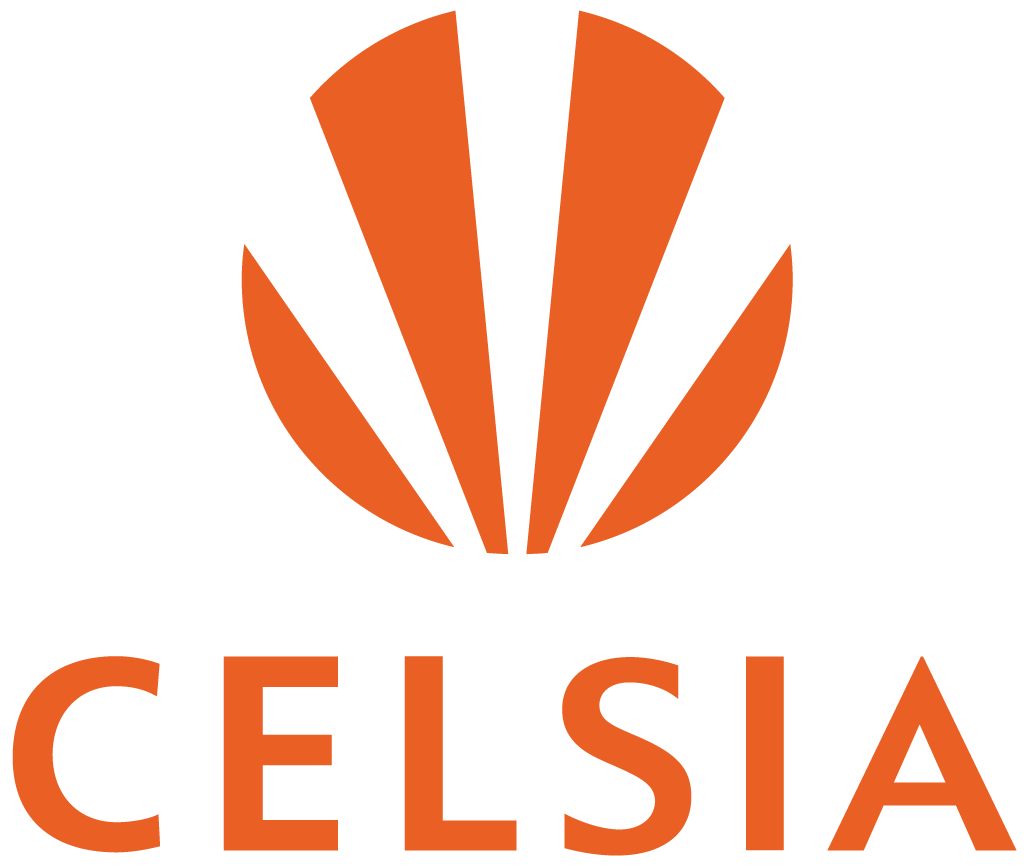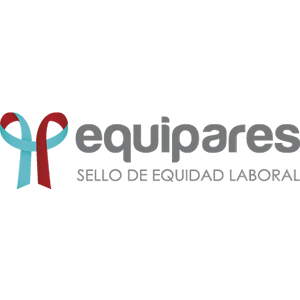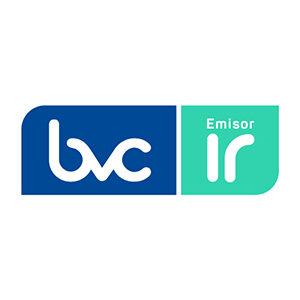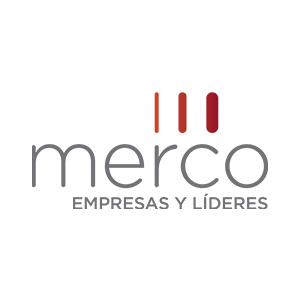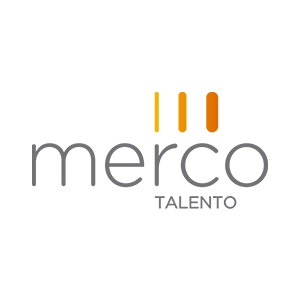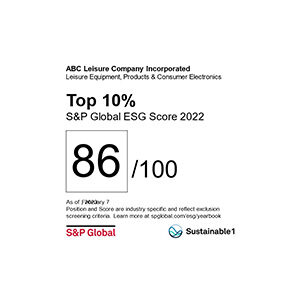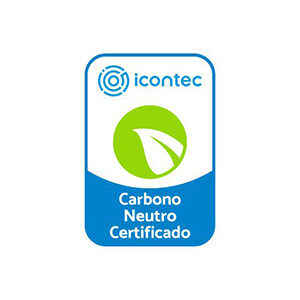We are an ethical, transparent Organization; both attributes are part of Celsia’s culture and DNA.
The commitment to integrity is permanent and the fundamental element that guides our actions, both personally and in the business environment, before all our Stakeholders. We know that a culture based on strengthened ethical and transparent behaviors is a culture ready to face any challenge, which is why we actively work to implement the best practices of ethics, transparency and business conduct.
We are convinced that ethics, transparency and integrity are essential to responsibly generate trust and add value to our Business, Shareholders and society; thus, we live these principles and integrate them into our Organizational culture, operation, processes and strategy.
Our Management
GRI (3-3) (2-23) (2-24) Our guidelines and directives on Corporate Governance, ethics, transparency, competition and anti-corruption are found mainly in the Bylaws, Codes of Good Governance and Business Conduct and in some of the Company’s Policies, such as the Fraud, Bribery and Corruption Risk-Management Policy and the Competition Policy.
Code of Conduct
GRI (3-3) (2-23) (2-24) PROPIO (C-CDC1) This is a behavior guide that complements our criteria and common sense, to help us adopt behaviors that tend to maintain Celsia’s positive image and encourage the generation of value responsibly. There, we can find mechanisms to confidentially report irregularities and promote appropriate environmental, health and safety practices. This Code is essential to prevent:
- Corruption and bribery;
- Discrimination;
- Anti-competitive practices; and
- Improper use of privileged information.
The topics covered by this Code are:
- Reporting irregularities;
- Environment, health and safety;
- Money Laundering and use of privileged information;
- Antitrust/Anticompetitive Practices;
- Conflict of Interest;
- Confidentiality of the Information;
- Discrimination; and
- Corruption and Bribery.
To ensure its implementation, we have procedures that allow us to:
- Define responsibilities, accountability and reporting lines throughout the Organization.
- Integrate compliance into the Performance-Evaluation Systems of our employees and their remuneration.
Our Code of Conduct has a scope of 100% of our employees, contractors and suppliers, who accept its content in writing and receive training on it. The Code also covers Celsia Subsidiaries and Joint Ventures.
GRI (205-2) In the last three years, our suppliers and Joint Ventures have been trained and informed 100% about the Code.
GRI (2-26) (205-3) We publicly report that no violations of our Codes of Conduct/Ethics occurred during the reporting period.
Anti-Corruption Policy
At Celsia, we have a Fraud, Bribery and Corruption Risk-Management Policy that provides clear guidelines to prevent and punish bribery of any kind and which covers these issues in contract payments (including kickbacks) and soft-Dollar policies.
Significant Risks Related to Anti-Corruption
GRI (205-1) All our processes have been assessed against corruption risks, since the review of compliance risks is carried out across the Organization. In 2022, the review of the Corruption-Associated Risk Matrix was carried out, based on the analysis of Law 2195 of 2022 (Transparency Law). Other risks reviewed were primarily conflicts of interest, misappropriation of assets and fraud.
GRI (205-3) At Celsia, during the last four years, there have been no cases of corruption or bribery and there are no ongoing investigations involving the Company.
GRI (206-1) (2-27) In the last four years, Celsia has not been involved in investigations related to anti-competitive practices, nor have there been fines or agreements for this crime.
Anti-Corruption Training
GRI (205-2) Three members of the Board of Directors were trained with the course The Power of Your Decision – Third Season, aimed at employees. A total of 85% of our members were informed about corruption issues, through the Audit, Finance and Risk Committee
Communication Mechanisms
Business-Conduct Committee
This is the highest body for the administration of the Code of Business Conduct, which is made up of two Company Leaders and the Internal-Audit Leader. To communicate with Committee members, there is a Corporate Email and telephone number for each of them, which allows the employee to get in touch immediately.
Business-Conduct Officers
This is a role that is part of the Governance Structure in matters of conduct and within its duties is to attend to queries that may be raised in relation to the application of the Code of Business Conduct. To communicate with the Officer, a Corporate Email and telephone number are available, which are permanently published in internal-communication media.
Transparency Line
Here, the wrong acts or violations of the policies established in the Code of Business Conduct can be reported, personally or anonymously. This line is managed by an independent third party and has the required reserve.
The Organization has Transparency Lines in each country where it operates:
- Colombia: (+57) 01 – 8000 – 123 – 420
- Panama: (+507) 00 – 800 – 226- 2591 and (+507) 832 – 7907
- Costa Rica: (+506) 4000 – 1941
- Honduras: (+507) 8002 – 791 – 9131
- The Email is the same for all countries: celsia@lineatransparencia.com
Principal Results in 2022
We participated in the Collective Action on Ethics and Transparency in the Electricity Sector, of which we have been members for more than seven years, highlighting this year the implementation of the new commitment related to Human Rights; the identification of gaps in the minimum of a Comprehensive Anti-Corruption Program of the member companies; the presentation of the collective action to a group of companies in the electricity sector in Brazil, as a reference to generate the collective action in that country; the participation in the National Network of Anti-Corruption Observatories (RENOBA, in Spanish); and the creation of e-learning of good competition practices for the electricity sector and the general public.
We modified the Transparency Line Management Protocol to strengthen various aspects, including the protection of Human Rights.
We updated our Due-Diligence Manual for linking third parties, adjusting it according to what is defined by Law 2195 of 2022 and new business realities.
We carried out a measurement of Celsia’s Ethical Climate by our suppliers, from which we obtained positive results; we highlight a score of 9.37 out of 10 in the perception of transparency in the Company’s award processes.
We continued the Ethics Program, which includes a communications campaign using culture channels, training focused on key teams (including contractors), and the Conduct Course, the primary objective of which is to strengthen the foundations of ethics, transparency, and respect, encourage employees to do the right thing and invite them to reflect before making a decision through business cases.
Employees and Directors filled out the Annual Declaration of Potential Sources of Conflicts of Interest and the Declaration of Assets and Income, which is addressed to Senior Management and to roles that have some type of special attribution.
We implemented Ethics and Risk-Prevention Programs for Money Laundering and the financing of Terrorism (ML/FT) in the Organization’s companies that are obliged to do so.
We adjusted our Risk Matrix, defined new controls, adjusted contractual clauses, modified manuals and sensitized the Company regarding the implementation of Law 2195 of 2022, through which measures were adopted in terms of transparency, the prevention and fight against corruption, among other provisions.
GRI (3-3) Short-, Medium- and Long-Term Objectives:
Short Term(0 to 2 years)
- Strengthen the controls to manage fraud, bribery and corruption risks as a result of the periodic review of the Risk Matrix.
- Continue strengthening our culture of ethics and compliance so that it continues to be an essential part of the Strategy and the way of doing business.
- Have Senior Management participate in Business Ethics and Transparency Programs.
Medium Term(3 to 5 years)
- Continue searching for strategies that allow ethics and transparency to be considered as sustainability factors for the Organization.
Long Term(6 or more years)
- Permanently review the Organizations Policies and Codes in order to update them and adjust them to the best practices in terms of good Corporate Governance, compliance and the law.
Bylaws: Bylaws are the internal rules that govern the Company’s operation and governance, which are approved by the General Shareholders’ Assembly.
Fraud, Bribery and Corruption Risk-Management Policy: The parameters under development of the Code of Business Conduct to implement a Risk-Management System, in order to establish control measures aimed at preventing their occurrence.
